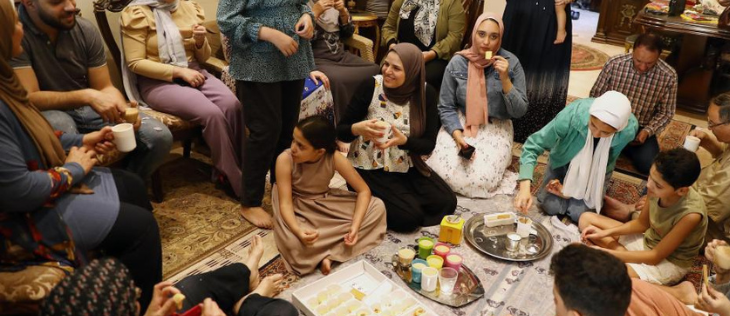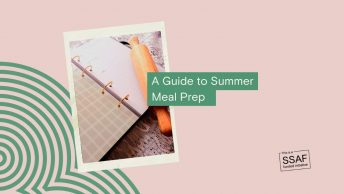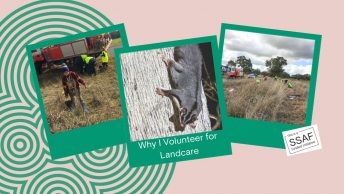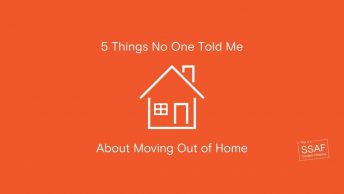Written by Rizwan Sharif
I came to Australia for my PhD in 2016 and moved to a share house in Bathurst with some nursing students.
Everything was going normal until one day, some of my housemates noticed that I was only eating right after the sunset and then again sneaking back to the kitchen pre-dawn for a bite. Otherwise, throughout the day, I am nowhere to be seen near the kitchen if I am at home or only interact with them if necessary.
Also, from my end, I did not think anything was unusual with me and did not bother to say anything to my housemates. However, one weekend, everyone was at home, and one of the girls eventually asked me what was going on and why I was no longer eating during the day.
Only then did I realise that my housemates were experiencing a new culture, and I should have explained to them earlier.
What is Ramadan?
So, what was happening was that it was the month of Ramadan, and I was fasting throughout the day like any other Muslim. This meant I was not eating or drinking anything and, most of the time, kept myself busy with prayers, lots of self-reflection and good thoughts for others, and reading the Quran.
I was breaking my fast at sunset and again started fasting from sunrise. So, my last meal would be just before sunrise or earlier.
But, for my housemates, this was a new thing and maybe a little surprising. Some asked if this is healthy, and others asked who came up with this and why we fast. To answer their questions, I gathered the following information.
Ramadan is the ninth month in the Islamic calendar and means ‘scorching heat’ or ‘dryness’ in Arabic. It is also the month when the angel Gabriel revealed the Holy Quran to Prophet Muhammad (Peace be upon him) in 610 A.D. Hence.
Ramadan is a very sacred month for Muslims, and fasting during Ramadan is established as one of the five pillars of the Islamic faith. In fact, a 2021 census found that around 800,000 people in Australia also fast during Ramadan.
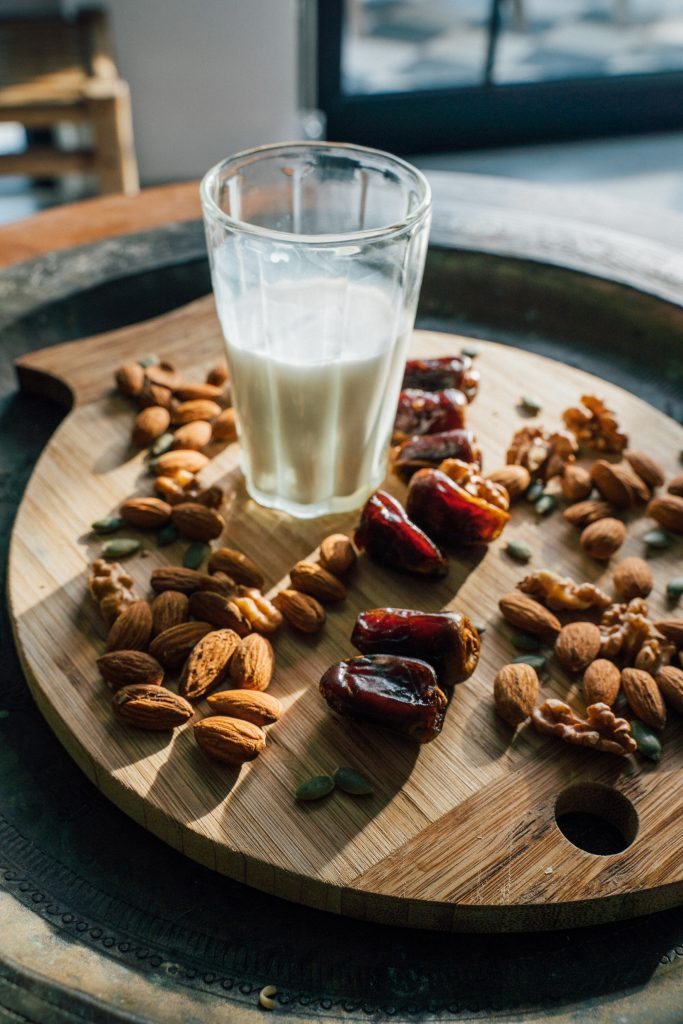
What does it involve?
So, how do we do it? As I said, fasting starts from sunrise and continues till sunset. However, refraining from eating and drinking alone is insufficient to complete a fast. We are required to do more.
For instance, while fasting, Muslims are discouraged from speaking unnecessarily, fighting with others, or trying to insult someone.
Instead, we must speak thoughtfully, be compassionate to others, concentrate on praying and reading the Holy Quran, and find quiet moments to reflect and ask for forgiveness.
As the Prophet Muhammad (Peace be upon him said) –
Fasting is a shield. So the fasting person should avoid obscene speech and should not behave foolishly and ignorantly, and if somebody fights with him or insults him, he should tell him twice, ‘I am fasting.’
For Iftar or the breaking of the fast, dates, yogurt, and any other light food is preferred. Islam discourages having a feast for Iftar because one of the teachings of Ramadan is also to feel the struggle of people experiencing poverty who do not have enough to eat and drink.
After the fast is broken, we can eat and drink as normal until sunrise. Also, most Muslims will spend the last quarter of the night praying and meditating. This is considered highly rewarding and also when most prayers are accepted.
Sahri, or the meal before sunrise, also comprises of light food like milk, nuts, or bread. Once the call for the morning prayer is announced, fasting for the day begins.
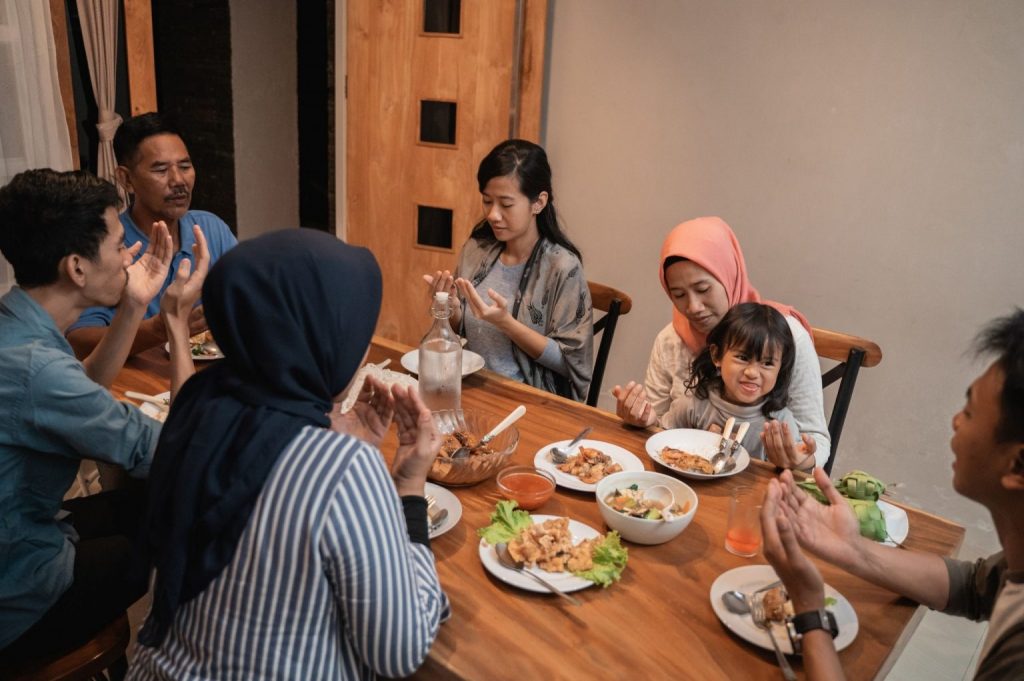
Now going back to the question of whether fasting is healthy or not? The simple answer is yes, it is.
If you are aware of intermittent fasting or one meal a day (OMAD) diet, then you would know how beneficial it is to fast and cleanse your body’s internal organs.
However, if you are still wondering, then lowering the risks of Type 2 Diabetes, hypertension, stress hormones, and body fat are some of the benefits of fasting backed up by science.
Why do you fast?
And why do we fast in the first place? Well, I have already mentioned two- to learn self-control and be empathetic to others. Another one is self-discipline because even if it is hard sometimes, we still strive to be at our best and fulfil what is ordained by God.
Moreover, Ramadan teaches us to be selfless and help those in need. As such, Muslims who have accumulated a certain amount of wealth in a year must pay 2.5% of it for charitable causes during Ramadan.
This is known as Zakat and has been an effective mechanism to mobilise financial resources in the Muslim world.
The last day of Ramadan is Eid marked by the festive event of moonsighting. Muslims around the world will look for the crescent moon after thirty days of fasting.
If the moon is sighted, then it marks the end of Ramadan, and the next day will be Eid-ul-Fitr, the biggest Muslim festival in the world.
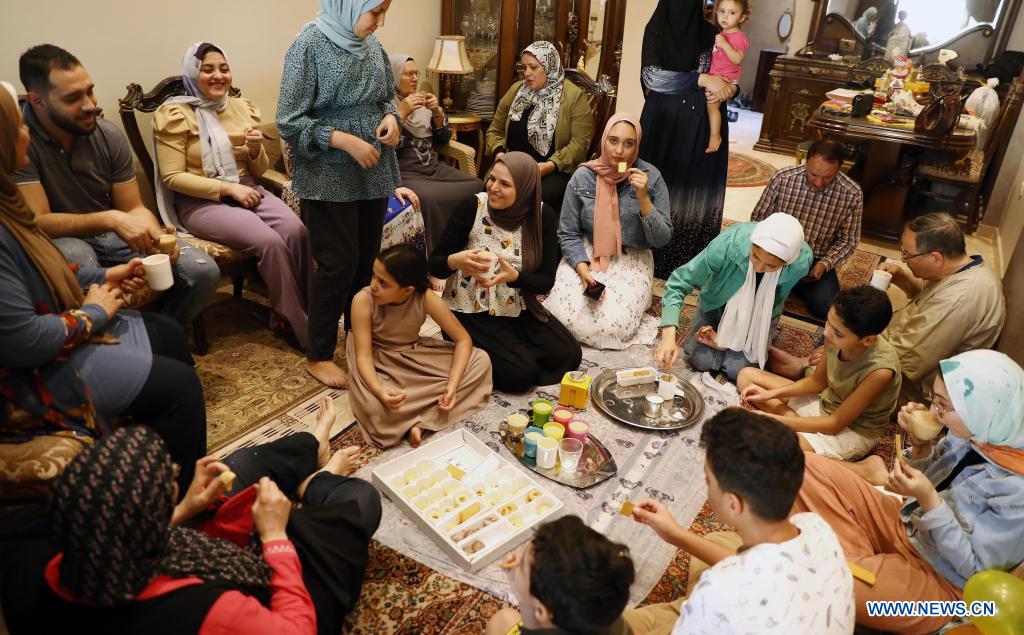
So, next time you come across a Muslim person fasting and want to know more, feel free to have a chat and ask them how they are fasting. But, most importantly, don’t forget to invite yourself for an Iftar or a meal on Eid.
You are gonna love it!


